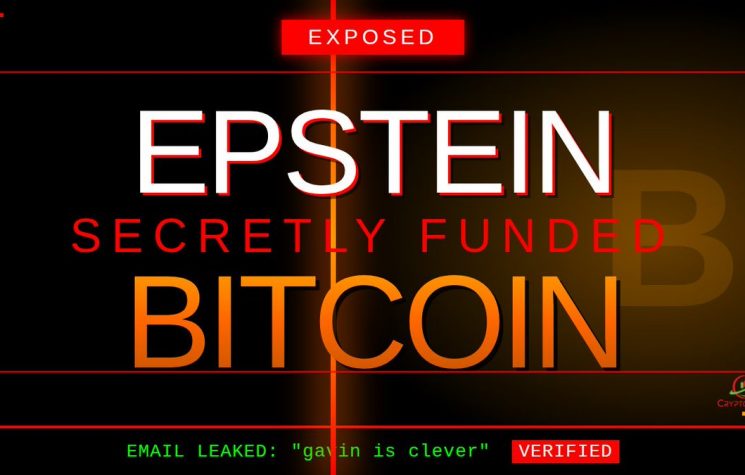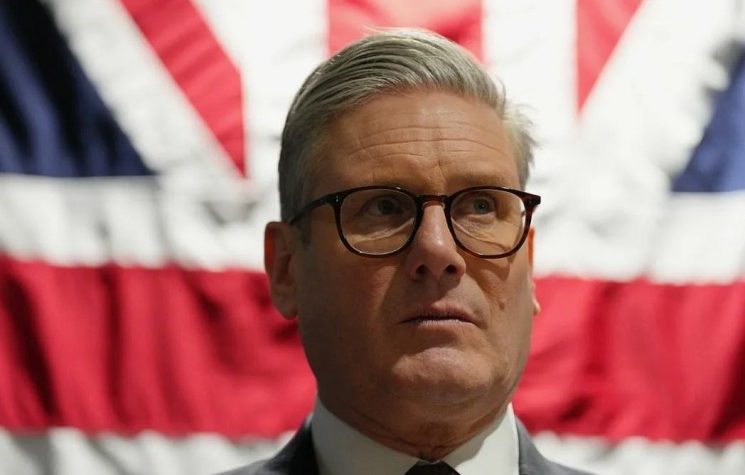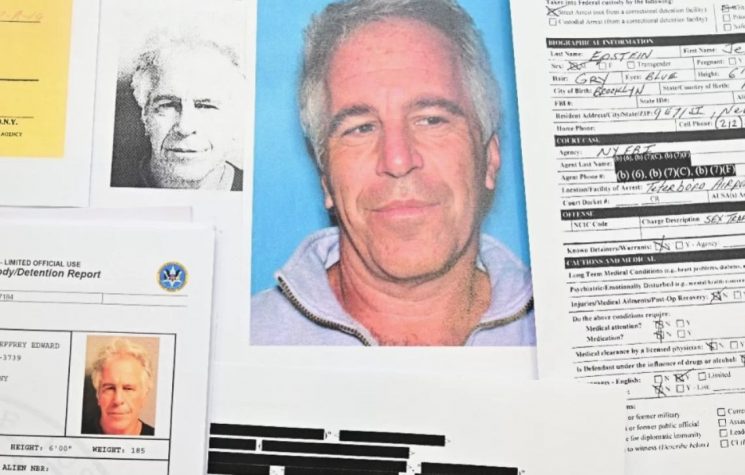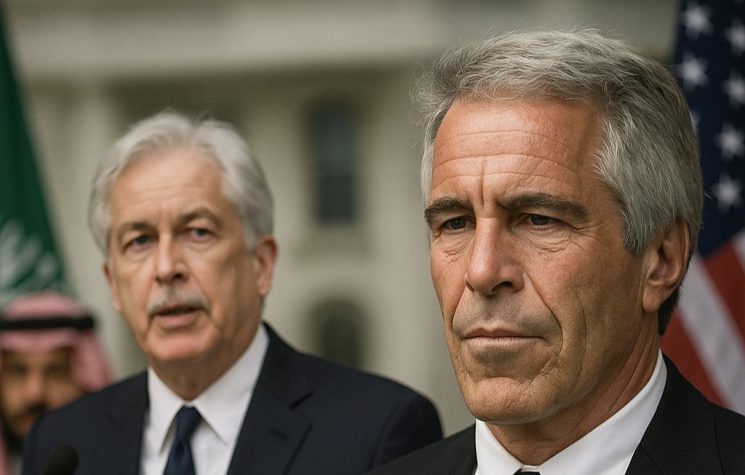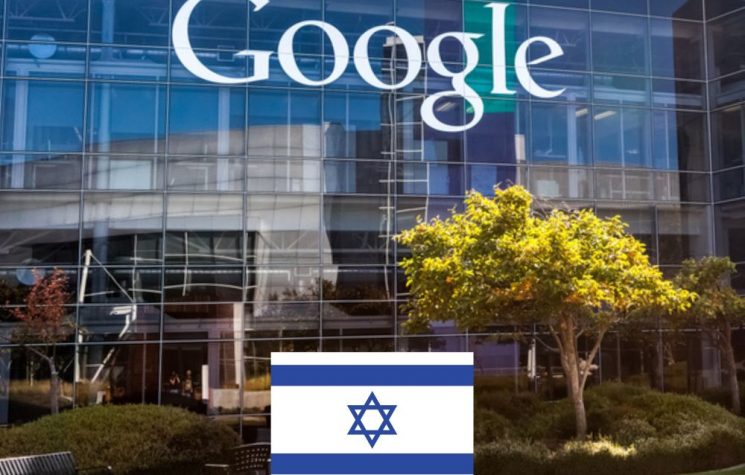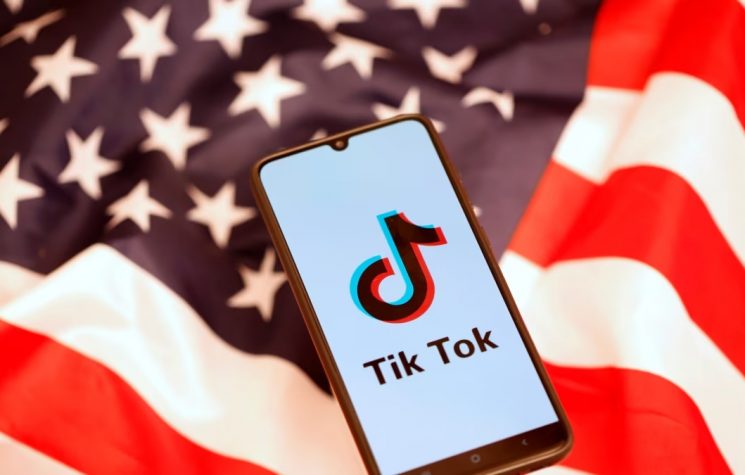With civil liberties now on the line, the revolving door that exists between the U.S. intelligence and private sector needs to be closed down.
Secret Service Director James Murray has resigned from his White House security detail for a cushy security job at Snap, the parent company of Snapchat. With civil liberties now on the line, this revolving door that exists between the U.S. intelligence and private sector needs to be closed down
In the course of his 27-year security gig in Washington, DC, James Murray ran a tight ship, keeping trespassers off the White House lawn while for the last three years providing security to both Joe Biden and former president Donald Trump. Not a bad resume and Snapchat, the mobile messaging application used to share photos, videos, text, and drawings, seems to agree. Last week, Murray accepted the position as head of security at the social media company. He is scheduled to begin his duties in August.
What’s wrong with this picture? First, government officials moving into the private sector via the well-known ‘revolving door’ following retirement is rife with risk and potential misconduct. In the course of their careers, public servants may be tempted to give special consideration to their future employers in order to win a six-figure job later in the private sector.
The life of Evan Bayh, 66, the former governor of Indiana, provides a good example of government servants enriching themselves at the corporate trough. After deciding not to seek re-election in 2010, Bayh went on to hold positions on the boards of multiple corporations, including that of Barry Plastics Corp. In 2016, when he decided to enter the political ring once again, his earnings showed that in 2015 and 2016, Bayh’s personal wealth had exploded. The former governor received over $6 million in pay from serving on various corporate boards, as well as speaking fees. Although there is nothing wrong with earning money, the threat of government servants being lured into acts they would not normally take, is.
U.S. government servants are already heavily indebted to big business, to the point when it has been suggested they be forced to wear NASCAR racing outfits that reveals the extent of their corporate sponsorship. Needless to say, a person would be hard-pressed to find ‘We the People’ emblazoned on a single outfit.
Although James Murray was not a statesman per se, he was certainly in the sort of high-level government position that would have enable him to feed Silicon Valley with sensitive information, all in the expectation of securing a golden parachute upon retirement. Although such a claim is almost impossible to prove, the fact that it is not beyond the realm of plausibility should raise some eyebrows, especially given Murray’s shady background as a bona-fide spook.
Were the grave risks taken by Edward Snowden, the American former computer intelligence consultant who leaked highly classified information from the National Security Agency (NSA) in 2013, all in vain? Snowden’s explosive disclosures revealed a number of global surveillance programs, many run by the NSA and the Five Eyes Intelligence Alliance (comprising Australia, Canada, New Zealand, the United Kingdom, and the United States) with the cooperation of telecommunication companies and various governments.
Snowden, who was granted permanent residency in Russia after whirlwind escape, once told a Google hangout crowd that information gathered by corporations was much less dangerous than that gathered by a government agency because “governments have the power to deprive you of your rights.” Now the prospect of social media companies hiring former spooks make such an argument moot.
In other words, this marriage of convenience between corporate power and government agencies takes a baseball bat straight to the knees of our democratic institutions, or what’s still left of them.














